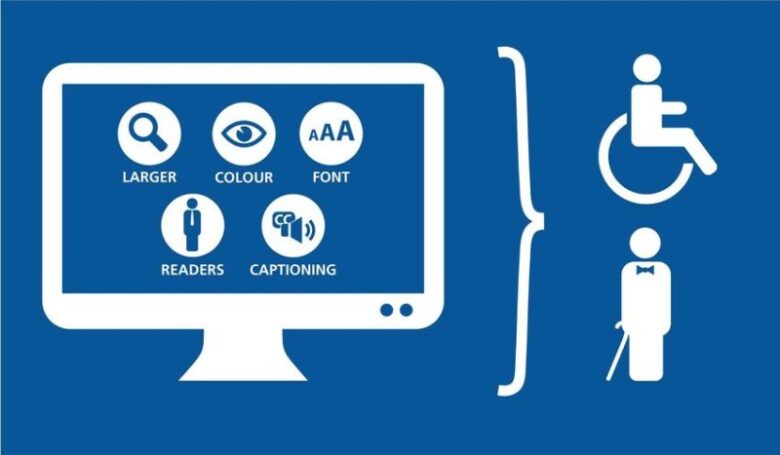The Americans with Disabilities Act was passed in 1990 and it was a civil rights law that prohibited the discrimination of those who are with disabilities.The law ensured that business and public services could accommodate people with disabilities such as installing wheelchair-accessible ramps, accessible water fountain spouts, adding Braille characters to signs, and a host of other.
Fast forward 29 years and we’re living in the digital age where everything can be accessed through the internet. However, the Americans with Disabilities Act can also be applied to websites and other digital tools that can be accessed by people with disabilities.
In this article, we are going to talk about the benefits of having an ADA compliant website.
1. It Makes Your Website a More Valuable Resource

It can be increasingly frustrated for the disability community to navigate on websites. Since most of today’s websites aren’t designed to accommodate those with disabilities, having your website ADA compliant can alleviate many frustrations related to usability. Furthermore, it would make your website one of the many that would be popular amongst the disability community, making your website even more valuable.
2. Access a New Demographic

Let’s talk about the ending of our previous point, shall we? LI Tech Advisors say that business owners who understand the importance of web accessibility treat it as a feature, rather than a necessity that can greatly help a completely new demographic of people. By making your website ADA compliant, you are effectively tapping into the disability community and they will use your product, your service, and engage with your brand and your content on a daily basis. ADA compliance is a necessity for some people, and by making yourself ADA compliant you are turning ordinary people into customers.
3. ADA Compliance Avoids ADA Lawsuits
Almost 750 lawsuits have been filed against business owners for not making their websites ADA compliant, according to research at the New York Times. These lawsuits first began in 2015, and each and every one of those lawsuits involved businesses that must accommodate disabled people, but their websites didn’t. Many of these websites were restaurants, retailers, and other major industries that disabled people use on a regular basis. By making your website ADA compliant, you are avoiding such lawsuits.
4. ADA Compliance Improves SEO

Did you know that ADA compliance improves Search Engine Optimization and Google SERPs? By improving functionality and usability on your website to accommodate disabled people, you are being rewarded ogle in the form of higher rankings by search engines such as Google, Bing, and Yahoo.
5. It is Simply The Right Thing to do

Why shouldn’t you make your website ADA compliant? Wouldn’t you want to have another demographic as your customers? Wouldn’t you want to help people who don’t have the same luxuries as you? By making your website ADA compliant, you are demonstrating that your company is willing to help others, which is the right thing to do anyway.
Some Extra Data
To put numbers into perspective, more than 12% of the US population in 2016 reported having some sort of disability. From that 12 %, almost 3.5% reported hearing disabilities and 2.4% reported vision disability.


